Anti-IS coalition talks focus on militant threat
UK renewing and regenerating the Iraqi security forces to counter IS advances
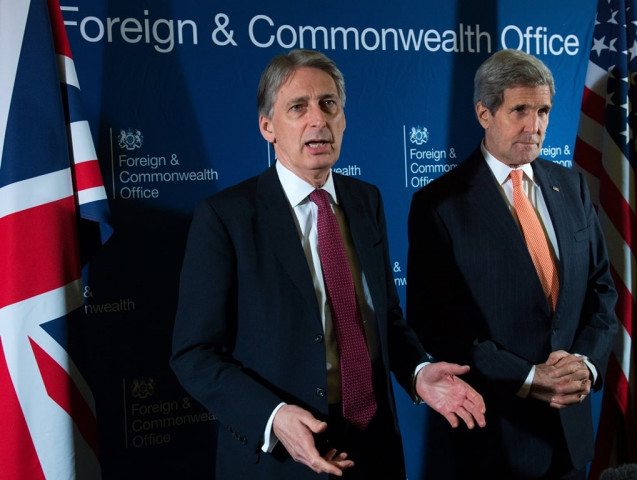
British Foreign Secretary Philip Hammond (L) and US Secretary of State John Kerry (R) speak to the media at the start of the meeting with members of an anti-Islamic State coalition (IS) at Lancaster House in London January 22, 2015 PHOTO: AFP
US Secretary of State John Kerry and British Foreign Secretary Philip Hammond co-hosted discussions involving 21 of some 60 countries that are working together to tackle the militant IS group in Syria and Iraq.
One of the three Paris attackers had trained with al Qaeda's Yemeni branch, according to Yemeni intelligence. Another said he was inspired by Islamic State fighters.
Kerry said taming IS was "the challenge of our time".
"Their goal is to suppress and to take over and to expand a very nihilistic, unbelievably oppressive sense of how people ought to live," Kerry said.
"We've seen them carry it out in the most egregiously horrendous fashion with public beheadings, they're now threatening two Japanese hostages.
"It's the challenge of our time. And we need to step up and lead," he added.
The US official also said that members of the coalition would now meet on a monthly basis, but not necessarily at a ministerial level.
A US state department official said militants leaving home to fight with IS would be a "real focus" of the meeting and that an expert working group would be formed on sharing information to stop militants travelling.
The Paris attacks rekindled fears about the dangers posed by well-trained homegrown militants returning from foreign battlefields.
European police agency Europol estimates up to 5,000 EU citizens have gone to join the ranks of IS in Syria and Iraq.
Meanwhile, Belgian authorities on Wednesday charged a sixth person with terrorism following a series of raids in Belgium last week that foiled a plot to kill police.
Looming over the meeting is also the deadline set by members of the IS group for Tokyo to pay a $200 million ransom for the release of two Japanese hostages. Tokyo believes the deadline will expire on Friday.
Japanese Foreign Minister Fumio Kishida will not be at the London meeting, but held talks with Hammond on Wednesday as Japanese Prime Minister Shinzo Abe admitted it was a "race against time" to free the men.
Speaking to the BBC before the talks, Hammond warned that the Iraqi army might be months away from mounting a sustained fightback against IS.
"We are renewing and regenerating the Iraqi security forces -- re-equipping them, retraining them, reorganising them -- but it will be months yet before they are ready to start significant combat operations against (IS)," he said.
But he stressed that the conference was "about the other strands of this campaign" and not just military operations in Iraq.
"We're very clear that undermining the narrative of IS, interdicting the flow of foreign fighters, stopping the flow of financial funding to IS, is as important as the military campaign itself," he said.
Across town in Downing Street, Prime Minister David Cameron also held talks with Iraqi counterpart Haider al-Abadi.
Al-Abadi defended his country's efforts to repel IS, saying the "Iraqi people have sacrificed their lives" to halt its advance.
"We have reversed, some time ago, the advances of Daesh (IS) and we are very keen to push them back from the whole of Iraq," he told Cameron.
Ministers will also discuss military efforts to support both Iraqi and Kurdish armed forces, how to cut IS financing, and supply aid for those caught in the crossfire.
The countries confirmed to be at Thursday's conference are Australia, Bahrain, Belgium, Canada, Denmark, Egypt, France, Germany, Iraq, Italy, Jordan, Kuwait, the Netherlands, Norway, Qatar, Saudi Arabia, Spain, Turkey and the United Arab Emirates.
The coalition last met in Brussels in December.

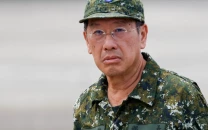

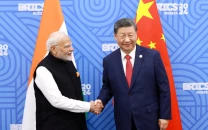
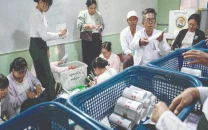

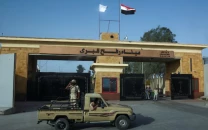












COMMENTS
Comments are moderated and generally will be posted if they are on-topic and not abusive.
For more information, please see our Comments FAQ